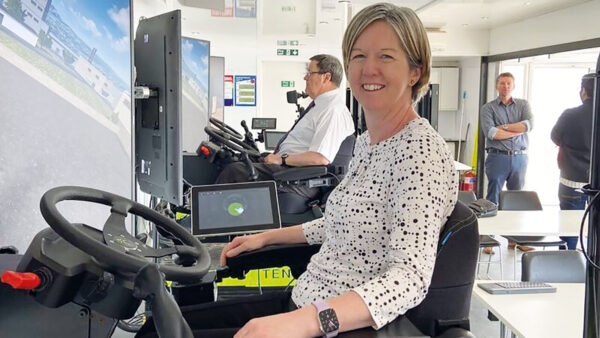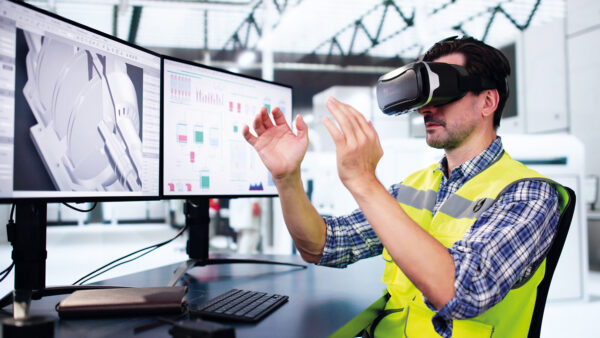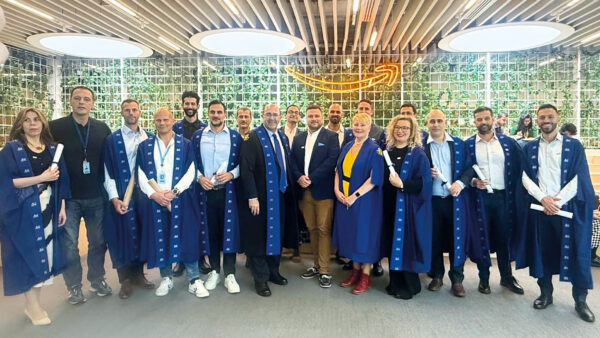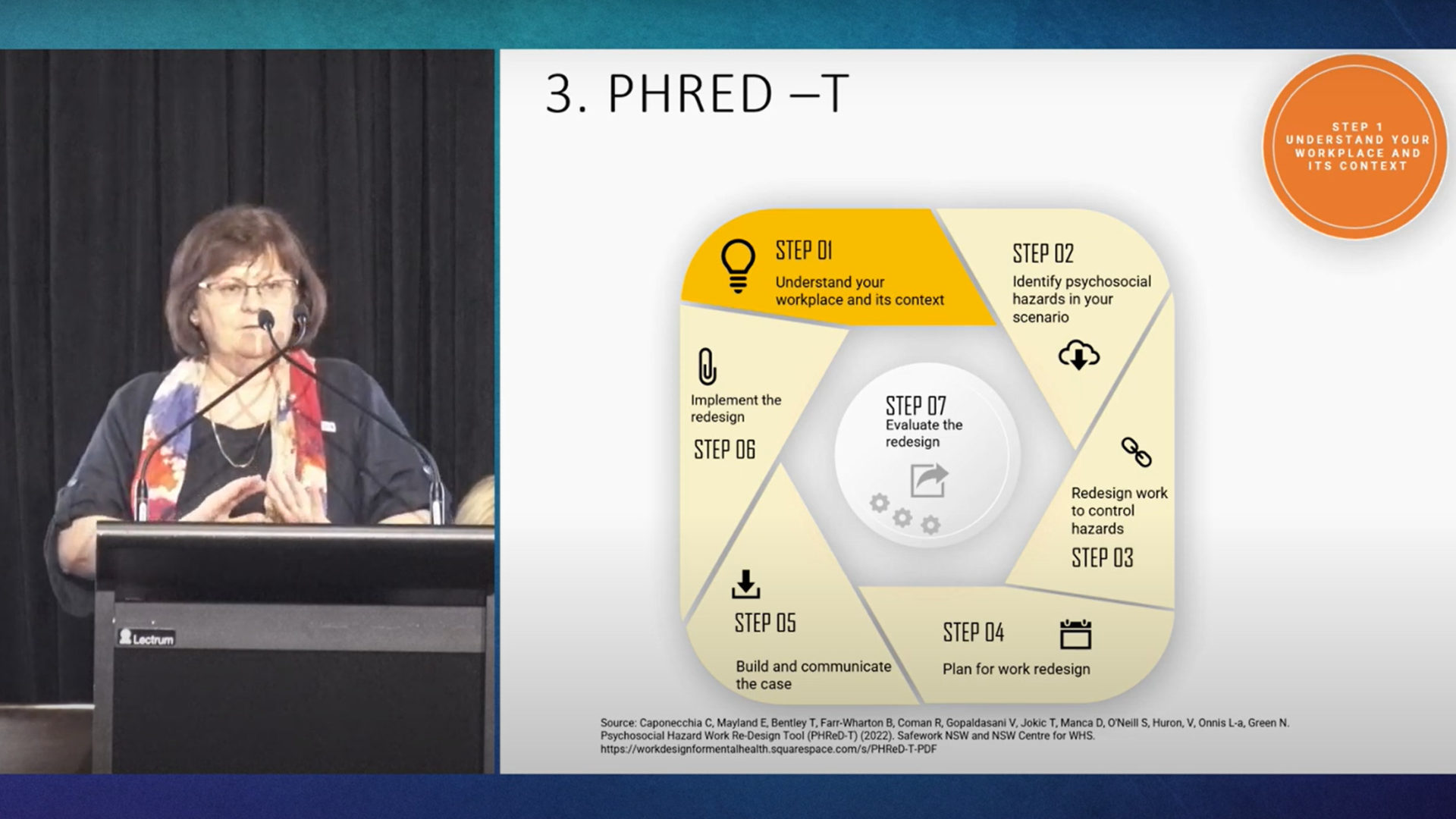
A new psychosocial hazards tool developed by Australian academics could help construction address its mushrooming mental health problem.
CIOB members learnt about the Psychosocial Hazard Work Re-Design Tool (PHReD-T) at the Institute’s annual members forum in Sydney this month. Professor Kerry London, pro vice chancellor research at Torrens University, and Tanya Meade, dean, school of psychology, Western Sydney University, explained how the tool works during their session on healthier construction.
For context, Meade noted that mental health is now a major concern in Australia’s construction industry, with construction workers six times more likely to die from suicide than work-related injury.
The six-step PHReD-T tool show construction companies how to identify psychosocial hazards in the workplace – any factors in the design or management of work that increase the risk of work-related stress – and redesign work to control these hazards. The University of New South Wales developed the tool with funding by the New South Wales state government.
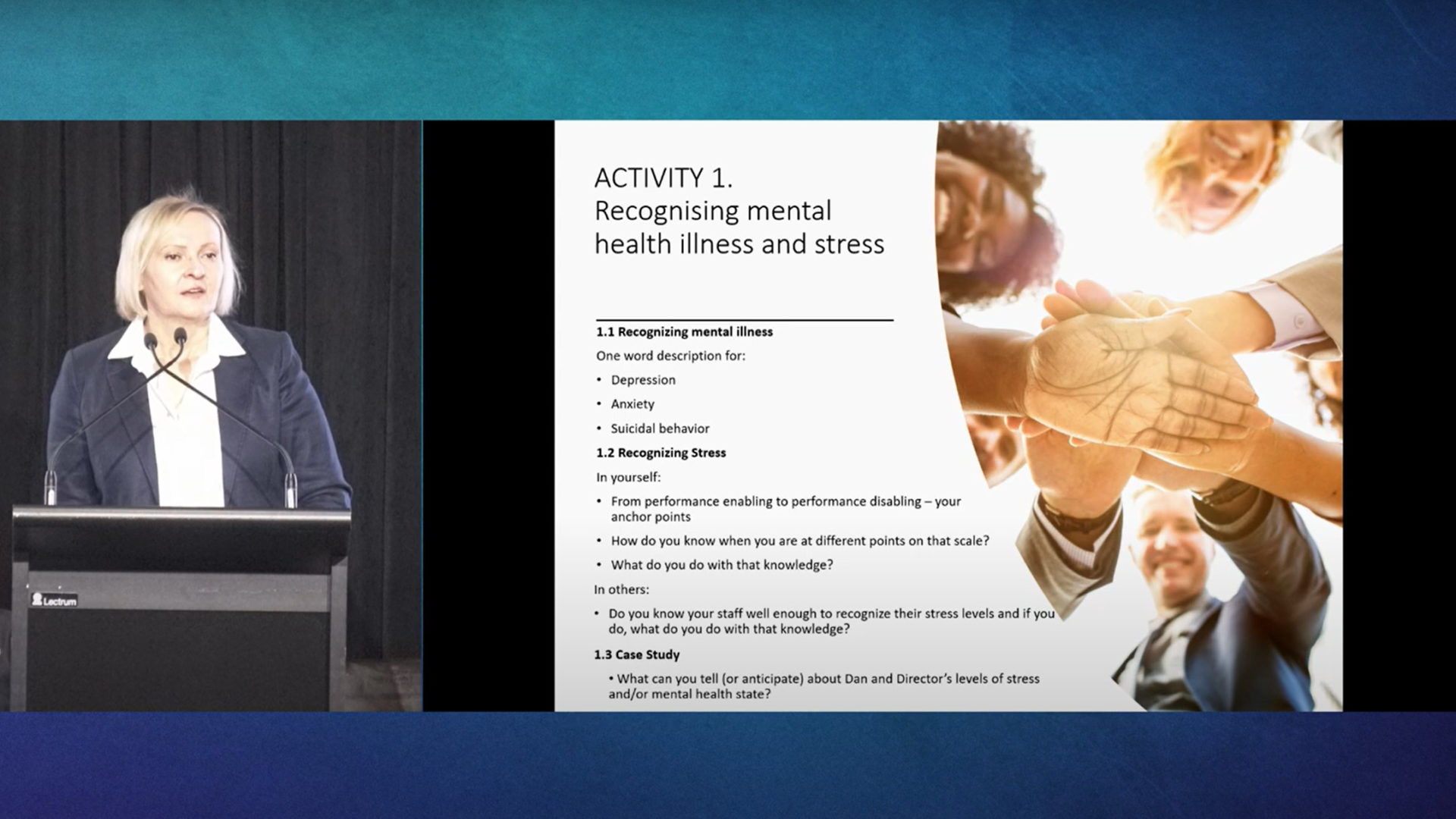
Meade said: “One of the recommendations… is about redesigning jobs, reshaping jobs for every person, so that these workers feel they are working to their strength, that there is a value and excitement to what they are doing. And that can be achieved in any job.”
CIOB members worked through a case study which demonstrated a typical psychosocial hazard scenario during the session.
London added: “Construction is experiencing unprecedented levels of growth, with McKinsey forecasting growth of 35% in construction work volume globally over the decade. So there are good times ahead but also the pressures are going to increase.
“We are in a moment in time, post pandemic, where we can reassess what we do and how we do it. Now is the time to rebuild a new industry that is attractive to work in.”





